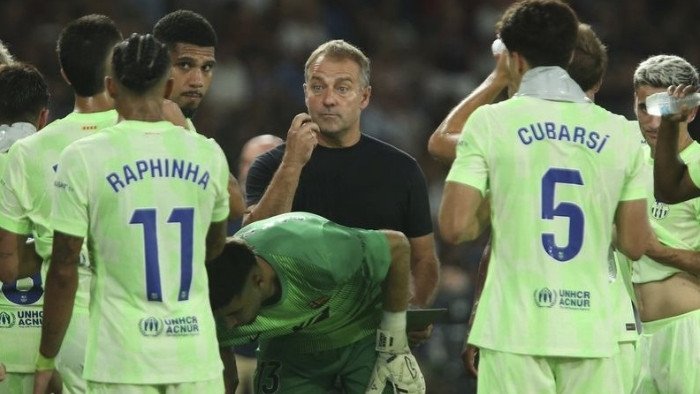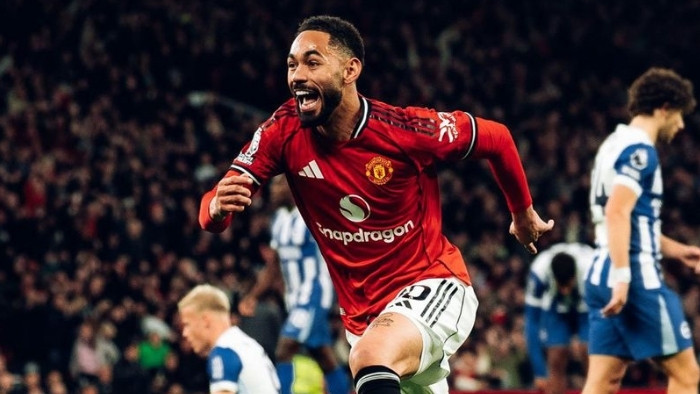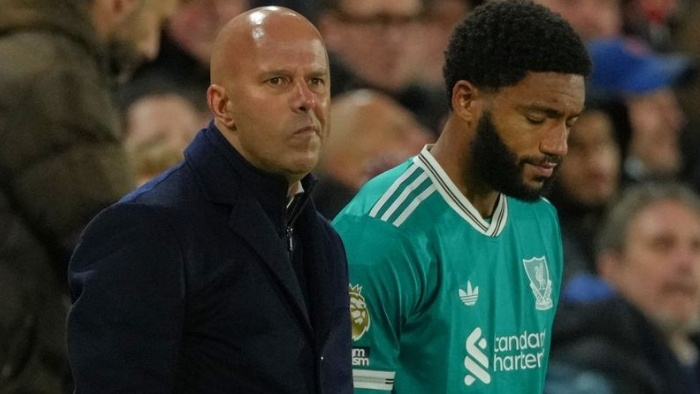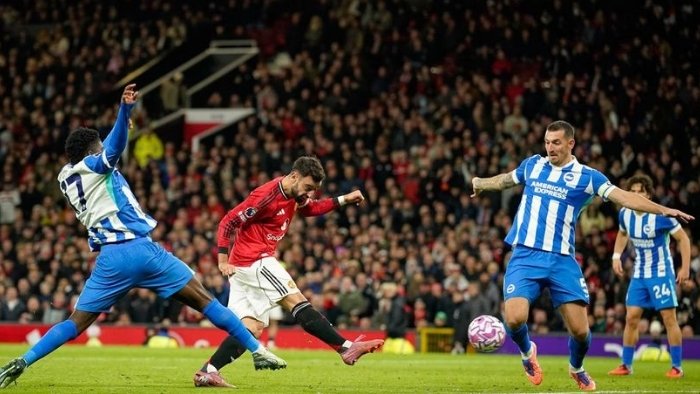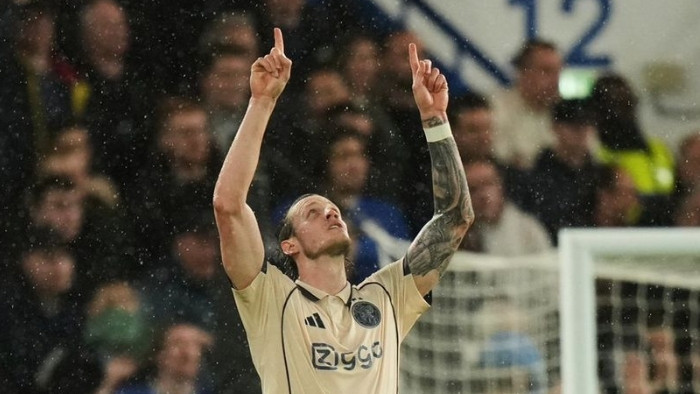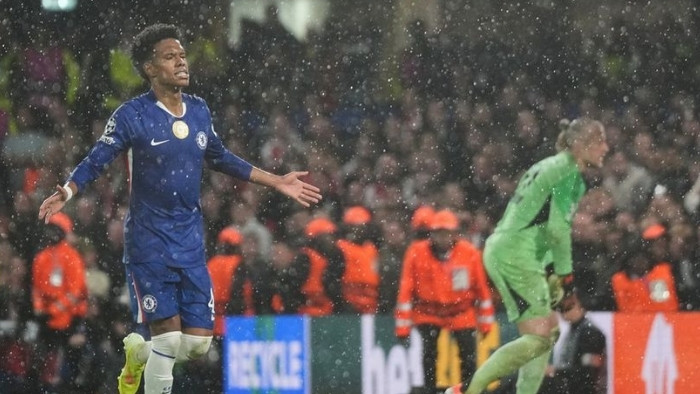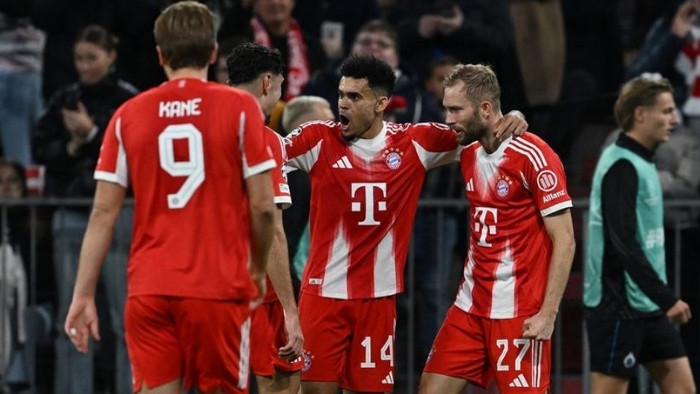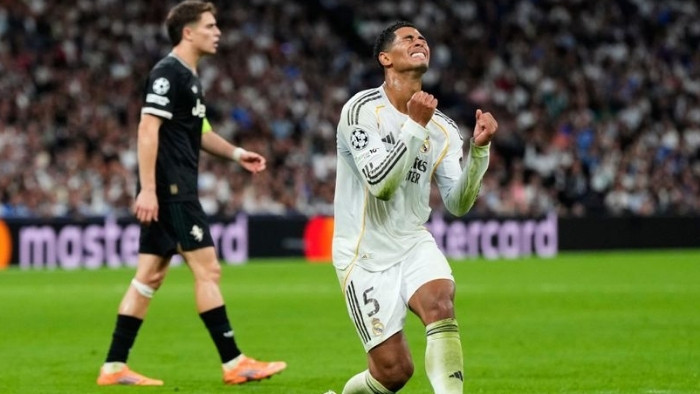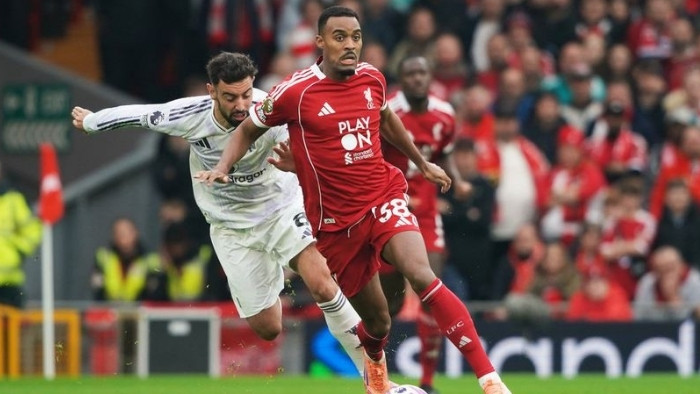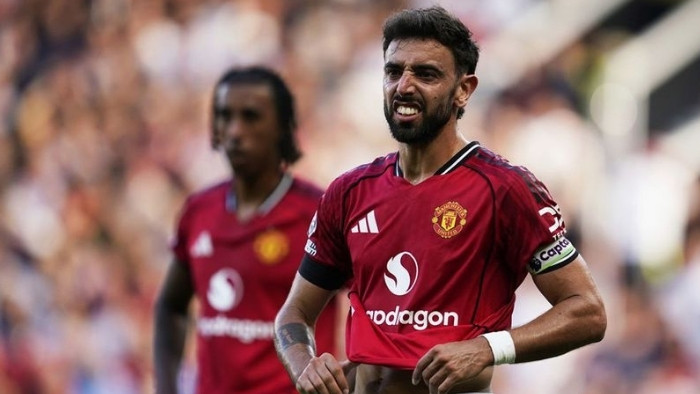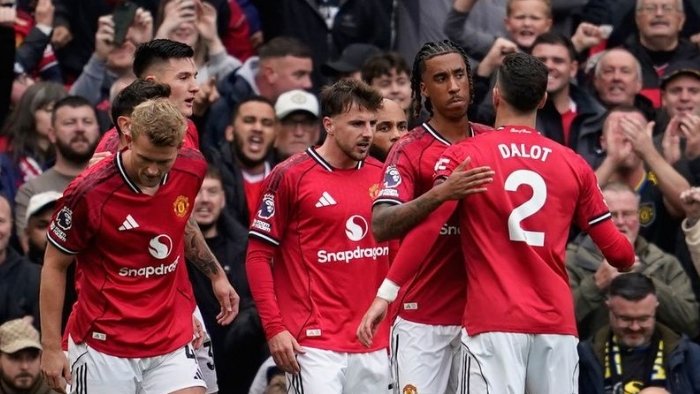Flick’s Barcelona Develop a New Identity
Barcelona under Hansi Flick has become a team synonymous with resilience. Supporters now proudly call them the new “Comeback Kings” of European football. This identity stems from their ability to reverse matches that once seemed lost.
In previous years, Barcelona often collapsed when falling behind. However, Flick’s influence reshaped the squad’s mentality. Today, Barcelona embraces challenges, fights until the final whistle, and frequently turns adversity into triumph.
The Mental Transformation at Camp Nou
Flick recognized that mentality defines champions. From his first day, he emphasized discipline, courage, and belief. Players were told to never surrender, regardless of scoreline.
Consequently, Barcelona players now carry a fearless mindset. Even when trailing, they remain calm and patient. They trust their system, their teammates, and their ability to respond.
This mental transformation not only changes results but also excites fans. Supporters feel hope even during difficult moments, knowing comebacks remain possible.
Tactical Adjustments That Drive Comebacks
Beyond mentality, Flick’s tactical intelligence fuels Barcelona’s remontadas. He often adjusts formations mid-match, introducing attacking players or shifting pressing intensity. These decisions frequently tilt momentum.
For example, Flick does not hesitate to replace a defender with an additional forward when chasing goals. His aggressive substitutions inspire confidence, while his pressing traps force opponents into costly mistakes.
Moreover, Flick prioritizes wide play. With dynamic wingers like Lamine Yamal and Ferran Torres, Barcelona stretches defenses late in matches, creating decisive chances.
Barcelona’s Key Comeback Matches
This season already provides multiple examples of Barcelona’s comeback spirit. Against Sevilla, they trailed by two goals but fought back to win 3-2. Flick’s halftime changes and motivational talk sparked a remarkable turnaround.
In the Champions League, Barcelona also stunned Europe by reversing a 0-2 deficit against Napoli. Goals from Lewandowski and Yamal showcased not only quality but also determination.
Each remontada strengthens the squad’s belief. Opponents now fear that even a lead against Barcelona may not be enough.
The Role of Leaders on the Pitch
Leadership within the squad plays a major role. Robert Lewandowski often steps up with crucial goals during comebacks. His composure inspires younger teammates.
Meanwhile, Bruno Fernandes, newly signed, provides vocal leadership in midfield. His energy and confidence fuel the team’s fighting spirit. In defense, Ronald Araújo leads with courage, rallying teammates during tough spells.
This combination of experience and youth creates balance. Veterans provide guidance, while youngsters inject energy and hunger. Together, they embody Flick’s never-say-die philosophy.
Fans Embrace the Comeback Culture
Barcelona fans adore the team’s new resilience. Social media overflows with excitement whenever the Blaugrana mount another comeback. Hashtags like #RemontadaFlick frequently trend after victories.
At Camp Nou, the crowd now believes until the last minute. Supporters push the team forward, chanting louder when trailing. This synergy between fans and players amplifies the comeback culture.
How Flick Differs From Past Coaches
Unlike some predecessors, Flick refuses to accept defeat passively. Previous managers often stuck rigidly to initial plans, even when losing. Flick, however, thrives on adaptability.
He encourages creativity, demanding players take risks in pursuit of goals. This proactive approach stands in stark contrast to the cautious strategies that previously frustrated supporters.
Remontada as a Symbol of Identity
For Barcelona, comebacks symbolize more than points. They represent identity and pride. The club historically values fighting spirit, from Johan Cruyff’s dream team to Pep Guardiola’s tiki-taka dynasty.
Flick reconnected Barcelona with this heritage. Remontadas once defined their greatest nights, and now, they return as a hallmark of the current era.
The Challenge of Sustaining Momentum
Nevertheless, Flick acknowledges challenges remain. Constant reliance on comebacks cannot become a long-term strategy. Barcelona must also dominate from the first whistle.
He explained that remontadas thrill fans, but consistent early control ensures stability. Therefore, Flick continues working on concentration during opening stages.
Lessons Learned From Each Comeback
Each turnaround teaches valuable lessons. Players learn resilience, tactical awareness, and the importance of collective spirit. They also learn humility, realizing no match ends until the referee blows the whistle.
These experiences strengthen Barcelona’s development. Flick insists that lessons from adversity prepare the squad for tougher battles in Europe.
What This Means for the Season Ahead
Barcelona’s comeback culture places them firmly in title contention. Their resilience allows them to overcome setbacks that derail other clubs. Opponents know that defeating Barcelona requires relentless effort until the very end.
This aura of unpredictability could prove decisive in both La Liga and the Champions League. With Flick at the helm, Barcelona enters every match believing a turnaround is always possible.
Conclusion: Barcelona’s New Identity Under Flick
Barcelona under Hansi Flick has mastered the art of the remontada. Their resilience, tactical adjustments, and fearless mentality define this new era.
Fans now believe again. Opponents now fear leads against them. And Barcelona itself embraces comebacks as part of its DNA.
The Comeback Kings are here, and their name is Barcelona under Hansi Flick.
Read too: Manchester United Mental Transformation: From Suffering Last Season to Happiness This Year
